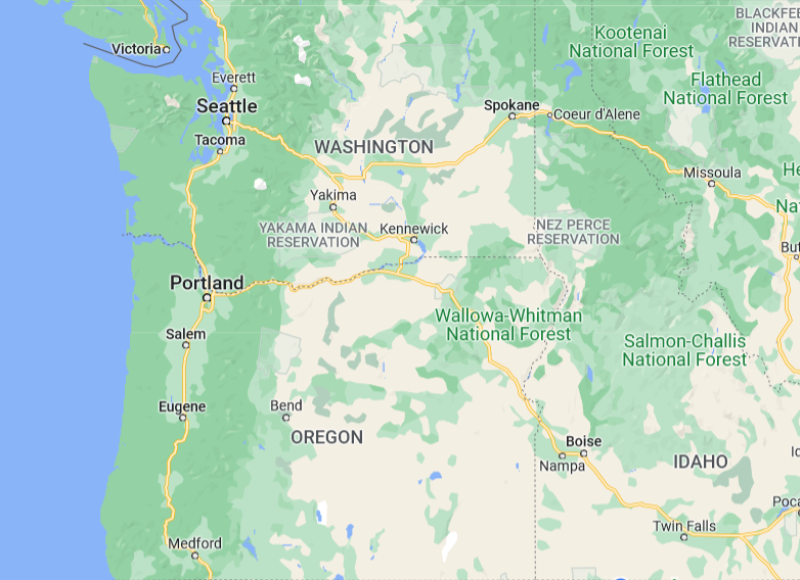TEK is difficult to define because it is a westernized term created by scientists who wanted to label the Indigenous Science they were witnessing Natives engaged in. Each Tribe or Nation may have a different term they use rather than “TEK”.
One of the most encompassing definitions is this following which was created by an Indigenous collective:
“Traditional environmental knowledge is a body of knowledge and beliefs transmitted through oral tradition and first-hand observation. It includes a system of classification, a set of a empirical observations about the local environment, and a system of self-management that governs resource use. Ecological aspects are closely tied to social and spiritual aspects of the knowledge system. The quantity and quality of TEK varies among community members, depending upon gender, age, social status, intellectual capability and profession (hunter, spiritual leader, healer, etc.). With its roots firmly in the past, TEK is both cumulative and dynamic, building upon the experience of earlier generations and adapting to the new technological and socio-economic changes the present” (Dene Cultural Institute 1995 in English translation, quoted in Stevenson 1996: 281).
For this lab we also work with the following definition:
Traditional Ecological Knowledge (TEK) TEK is attributed to place-based Indigenous populations, inclusive of TKs and evidenced through applications of traditions over a longstanding period of time of a length generally of 4-12 or more generations. TEK is the utilization and application of some TK, usually those aspects which are directly related to the environment and resources that are culturally relevant, based in long-term, reciprocitous relationships.
- Chisholm Hatfield


